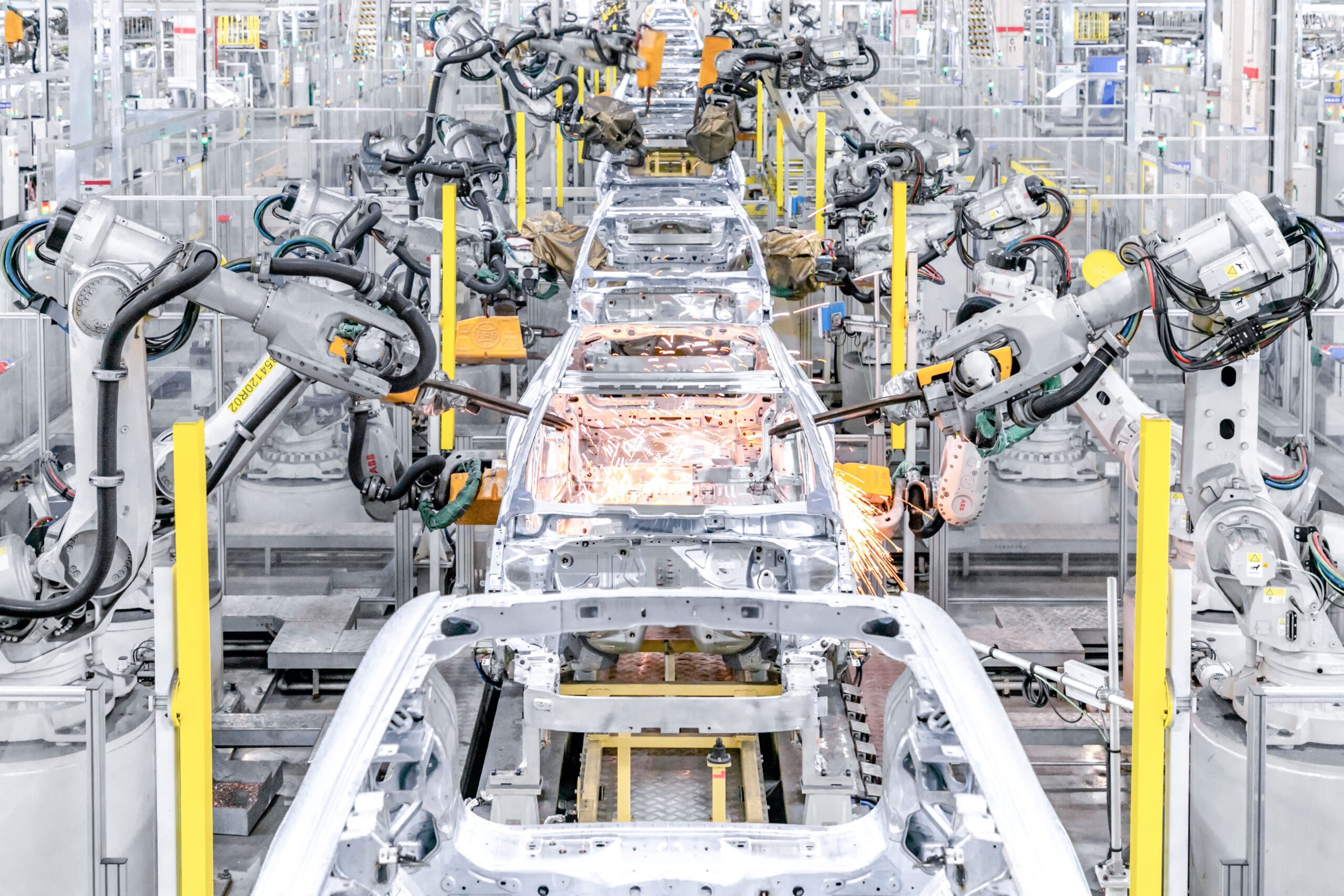
China files WTO complaint over ‘discriminatory’ US subsidy scheme

China says Joe Biden’s IRA is disrupting the EV value chain /newspress (ID: 741251)
China has escalated its confrontation with the United States over electric vehicle (EV) subsidies by filing a complaint with the World Trade


Comments
Ready to join the conversation?
You must be an active subscriber to leave a comment.
Subscribe Today